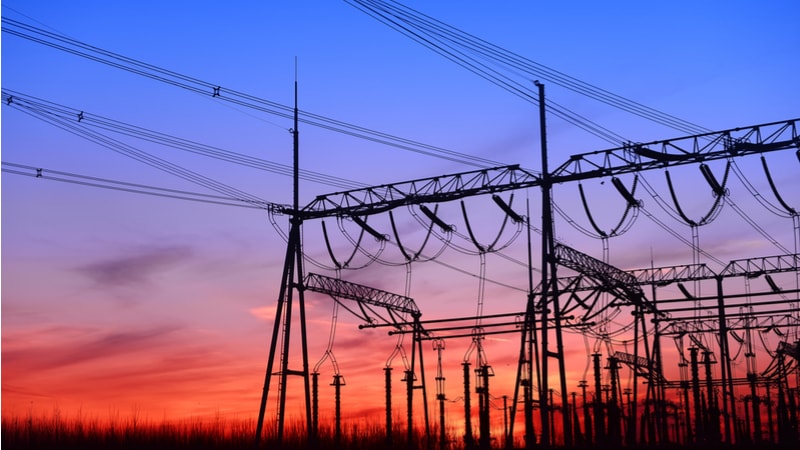
The Department of Energy (DoE) has announced $48 million of funding in a new program aimed at improving “control and protection” of the American electrical power grid, and better protecting the power supply from “outside threats” and extreme weather events.
The new program – Unlocking Lasting Transformative Resiliency Advances by Faster Actuation of power Semiconductor Technologies (ULTRAFAST) – is being managed by DoE’s Advanced Research Projects Agency-Energy (ARPA-E) component.
“A reliable and resilient grid is the key to protecting our power supply from outside threats and expanding America’s clean energy and transportation options,” said U.S. Secretary of Energy Jennifer M. Granholm.
“Federal investments in tools and analysis to modernize our grid will put the nation on a path to meet President Biden’s climate goals and extend the benefits of a decarbonized energy and transportation sector to all corners of the country,” she said.
The project’s work, along with streamlining the coordinated operation of electricity supply and demand, will help improve cost efficiency of grid operations and prevent unforeseen outages, DoE said. Those kinds of outages are estimated to cost the U.S. economy $150 billion annually, the agency said.
Among other aims, the program will look at the use of new semiconductor chips to “enable faster switching and/or triggering at higher current and voltage levels,” DoE said.
“[The] program seeks to develop and demonstrate next-generation ultra-fast power semiconductors for advanced system-level power electronics converters that would bring significant improvements in reliability, resiliency, and control of the power grid,” the agency said.
The program also will seek to improve electromagnetic interference immunity of the power grid as well as installing new thermal management technologies.
